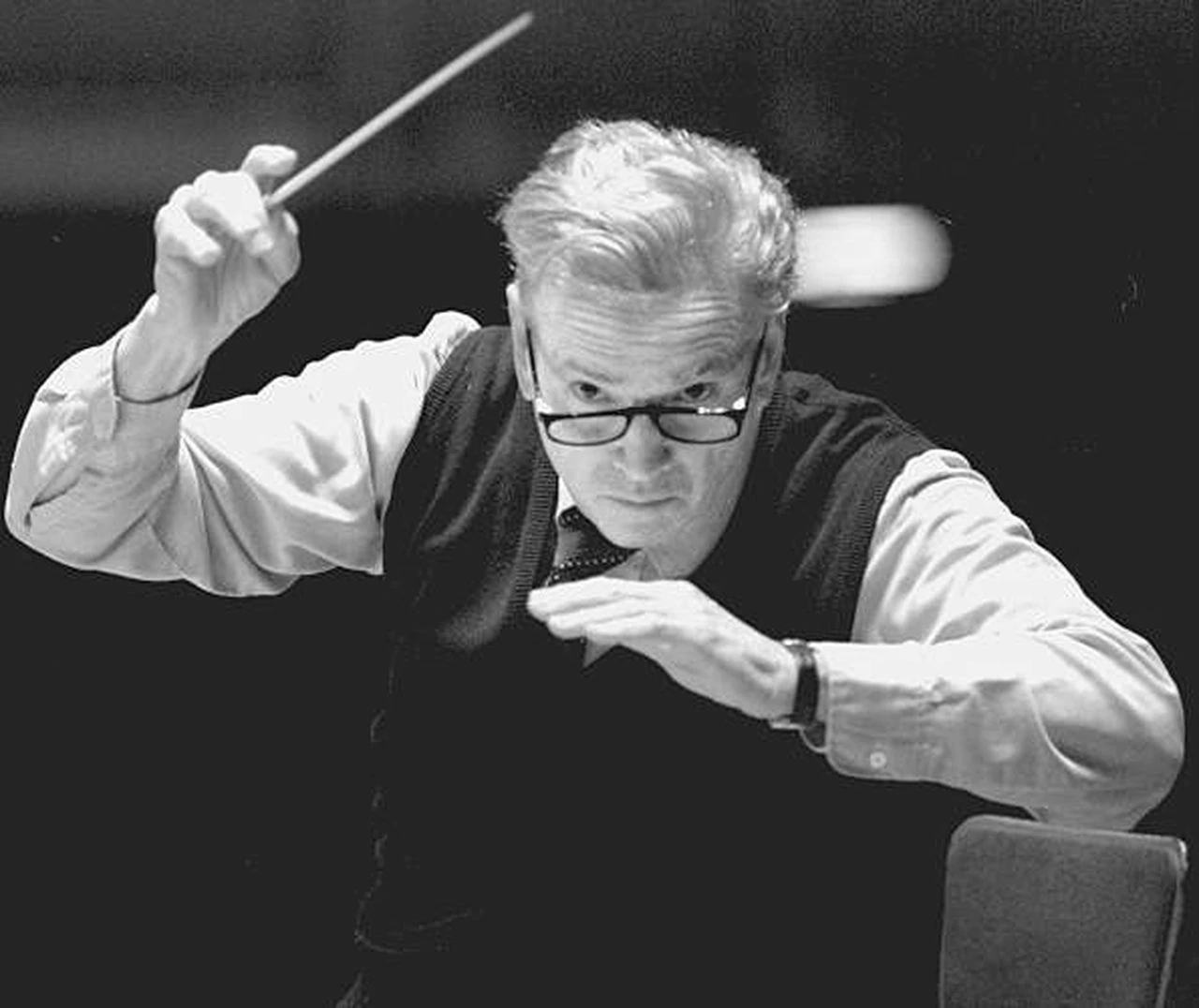
With the passing recently of one of my teachers, Louis Lane, I am yet again reminded of my own mortality. I had the pleasure of knowing Mr. Lane during my time at CCM while he was leading the Dallas Symphony and teaching at the Conservatory. His longtime association with George Szell and the Cleveland Orchestra was most likely the highpoint of his career, although his leadership of the Atlanta Symphony with Robert Shaw, his time in Dallas, and his tenure in South Africa made him a formidable conductor who never really achieved a post commensurate with his gifts. Louis and I stayed in touch until the last decade of his life, and for that hiatus I am remiss. He was an enormously gifted musician and teacher. There are several scores I studied with him, Debussy Faune, Copland Appalachian Spring, Tchaikovsky 5, all come to mind, that to this day mark the detailed approach to study that he practiced and demanded.
Louis’ death at 92 reminds me of my mortality, yes, but it also points to the longevity that conductors often enjoy. They say conducting is an excellent form of upper body aerobic exercise. Here are some interesting facts: Conductors, their attained age at death, and the cause:
Gustav Mahler 51 infectious myocarditis
Wilhelm Furtwangler 58 pneumonia
Dimitri Mitropoulos 64 heart attack
Leonard Bernstein 72 progressive lung failure
Fritz Reiner 75 heart attack
Herbert von Karajan 81 heart attack
Sir Thomas Beecham 82 stroke
Sir George Solti 85 heart failure
Bruno Walter 86 heart attack
Arturo Toscanini 90 stroke
Carlo Maria Giulini 91 not specified, but presumably heart failure
Leopold Stokowski 95 heart attack
I recently started wearing a Fitbit monitor during rehearsals, but find that the device equates conducting with running, so it thinks I am far more fit than I am. But I am convinced that the mental demands of conducting, the inquisitive joy of studying, and, yes, the physical gyrations do prolong one’s life. Let’s hope! For I am now, finally, figuring out what the questions are!

